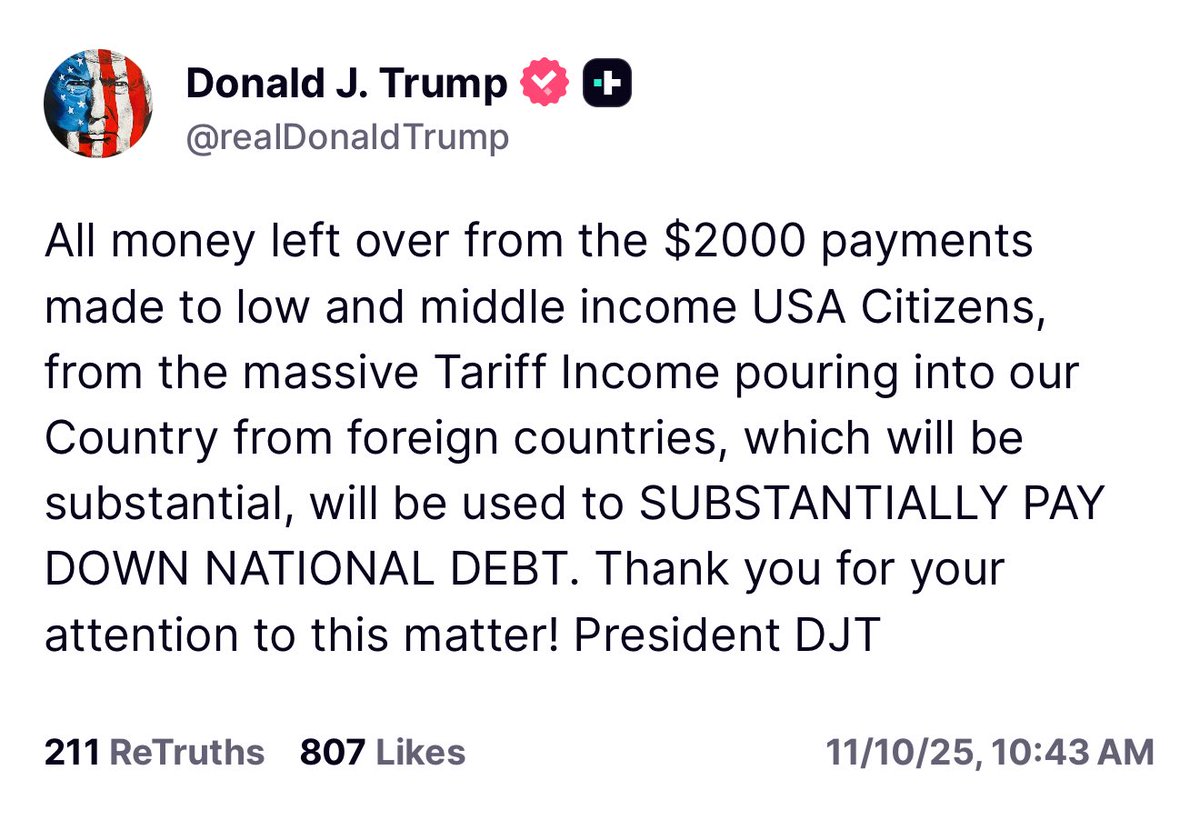Trump Announces Tariffs to Contribute to National Debt Reduction
In a significant policy announcement, President Donald Trump revealed that tariffs will now be utilized as a mechanism to help pay down the national debt. This decision marks a strategic shift in the administration's approach to trade and fiscal policy, aiming to leverage import duties as a financial tool for reducing the country's fiscal obligations.
During a press conference, President Trump emphasized the importance of addressing the national debt, which has reached unprecedented levels in recent years. He stated, "By implementing tariffs on certain imports, we can generate revenue that will directly contribute to paying off our national debt. This is a crucial step towards ensuring our nation's financial stability and economic growth." The President did not specify which tariffs would be adjusted or introduced but indicated that the administration would focus on sectors where the U.S. can exert leverage.
The announcement comes amid ongoing discussions about the national debt, which currently exceeds $31 trillion. Critics of the administration's previous tariff policies have raised concerns about the potential negative impact on consumers and businesses, arguing that increased tariffs could lead to higher prices for goods and disrupt supply chains. However, supporters of the plan argue that the revenue generated from tariffs could provide a much-needed boost to the federal budget.
Economic analysts are closely monitoring the implications of this policy shift. Some experts suggest that while tariffs can generate revenue, they may not be a sustainable long-term solution to the national debt crisis. "Tariffs can provide a temporary influx of cash, but they also risk retaliation from trading partners and could lead to increased costs for American consumers," said one economist.
As the administration moves forward with this initiative, it remains to be seen how the proposed tariffs will be structured and what specific imports will be affected. The announcement has sparked a renewed debate over the effectiveness of tariffs as a fiscal tool and their broader impact on the U.S. economy.


